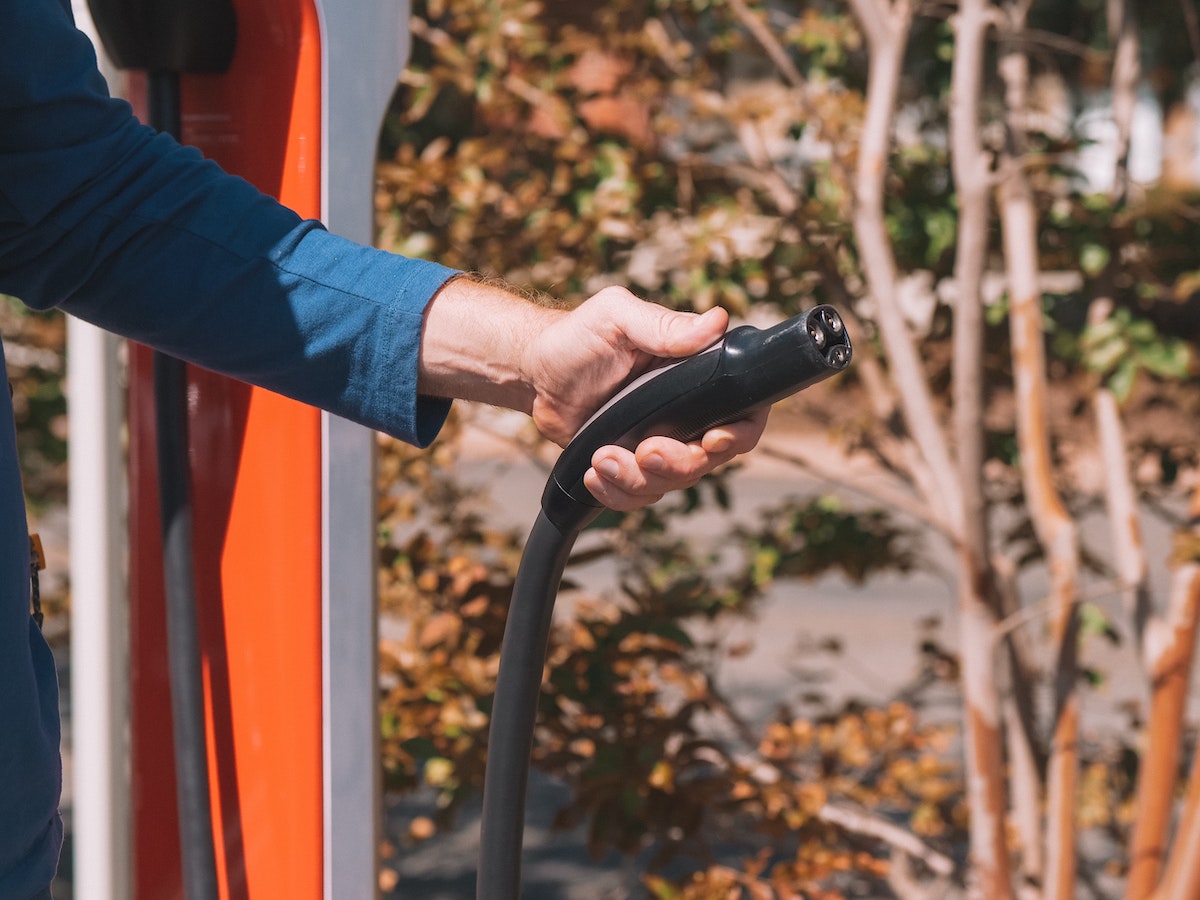
If you own a classic car, you may be thinking about its impact on the environment. We’ve had a lot of interest recently from owners who are contemplating converting to electric. One of the key issues is how easy this is to achieve and what it might cost.
At White’s Bodyworks, we’ve been helping restore, repair and service a whole host of different classic cars over the last few decades and we’ve built up a pretty strong reputation for excellence. The long and short of it is that any car can be converted to an electric vehicle.
The trouble is that there are a lot of obstacles to overcome.
Converting a classic car to run on electricity can be a challenging process for several reasons.
One of the primary challenges in converting a traditional car into an electric vehicle is the technical aspect. Every part of a car is interconnected, and characteristics such as weight and wheel dimensions impact the selection of specific components like brakes and suspension. In other words, everything is connected to almost everything else.
Another challenge involves the engine and gearbox. An electric motor does not require a gearbox, which is a crucial component of an internal combustion engine vehicle. While keeping the gearbox means losing some benefits of an electric motor, removing it necessitates significant modifications to the car.
The battery is also a big challenge. A lithium-ion battery capable of offering a range of over 100 miles costs several thousand to buy and install. Moreover, the installation of a heavy battery needs to be done without compromising the vehicle’s volume distribution, dynamic behaviour or safety. These complex issues are carefully considered during the design stage of native electric cars and hybrid vehicles. With classic cars, you have to start from scratch and there is no real template that works for all cars universally.
Converting a petrol car into an electric vehicle also requires the installation of a charging circuit that may be limited by heat dissipation restrictions and issues. These are hard to overcome if the vehicle was not designed with this in mind.
While on the surface converting a classic car to electric might seem a good idea, in reality, it is fraught with huge issues and challenges. It could take as long as 18 months to work out the logistics and put the new electric system together. Once it’s finished, there is a question of how much of your classic car is left.
We may in the future find more efficient ways of switching to electric, but that is a long way off. There are some companies now offering conversions for particular makes and models but, again, these are generally expensive.
Another option is to convert your existing car to run on a more efficient fuel.
Bioethanol E85 fuel is 85% ethanol and 15% petrol and is thought to be one of the most eco-friendly options for cars. It lowers your CO2 and stops you from using so much in the way of fossil fuels which are damaging to the environment. According to the experts, practically any car can be converted to work on this type of fuel and it’s not as lengthy a process nor as expensive as converting to electric.
What’s called Flex Fuel has taken off in countries like France and Finland but has yet to get a real foothold here in the UK. That means you may have trouble finding a garage that sells E85 at the moment.
It’s important if you want to make your classic car more eco-friendly to consider not just the options but the practicalities. Most cars can be made more fuel efficient and take, for example, the more readily available E10 fuel. In future, many more cars may be adapted to operate on E85. For the moment, the options are still a little limited.
We’ve seen a lot of developments in car technology over the last 20 years and trying to apply some of these to classic motors is challenging, to say the least. If you are thinking about ways to convert your vintage vehicles, it’s very important to talk to a team who understand the implication.
At White’s Bodyworks, we’ve got a track record of handling all types of classic cars, whether that’s reconfiguring engines or repairing dents and dings.
Want to find out more? Contact our expert team today.